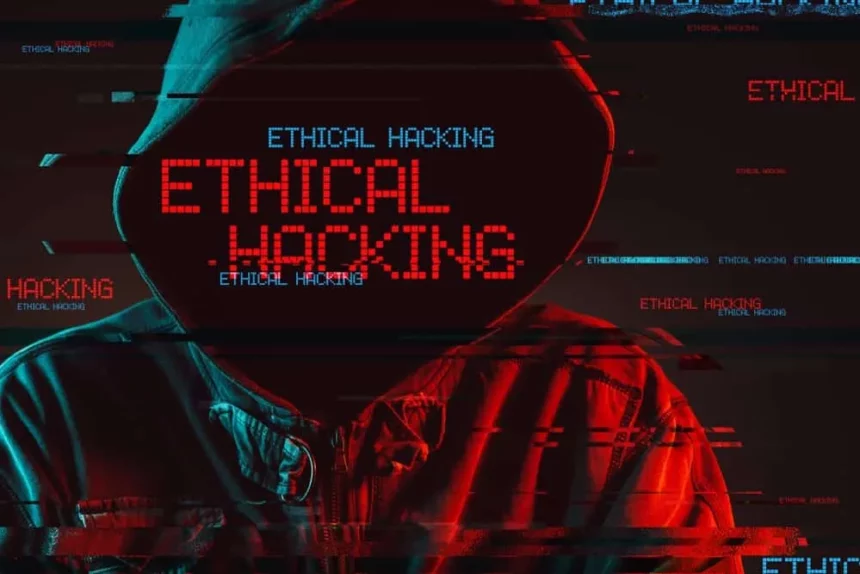Ethical hacking, also known as white hat hacking, is the practice of using hacking techniques and tools for the purpose of finding and fixing security vulnerabilities in computer systems, networks, and applications. It involves simulating an attack on a system to identify potential security weaknesses and then reporting those findings to the system’s owner or administrator so that they can be fixed.
The goal of ethical hacking is to improve the security of a system and protect it from potential malicious attacks. Ethical hackers are security professionals who use their technical skills and knowledge for the benefit of organizations and their customers. They are hired by organizations to perform regular security assessments and provide recommendations for improving their overall security posture.
Becoming an ethical hacker requires a combination of technical knowledge, practical skills, and experience. Here are some steps to help you get started:
- Gain a strong foundation in computer systems and networking: Knowledge of operating systems, network protocols, and database management is essential to becoming an ethical hacker.
- Learn programming languages: Familiarity with programming languages such as Python, Java, and C++ can be useful for ethical hackers, as they can automate tasks and create custom tools.
- Get certified: Obtaining a certification in ethical hacking, such as Certified Ethical Hacker (CEH), Certified Information Systems Security Professional (CISSP), or CompTIA Security+, can demonstrate your knowledge and skills to potential employers.
- Build practical skills: Practice using tools and techniques on real-world systems, such as virtual machines or cloud-based services. Participate in capturing the flag (CTF) events or hackathons to test your skills and learn from others.

- Stay current: Stay up-to-date with the latest tools, techniques, and technologies in the field of ethical hacking. Read industry blogs, attend conferences, and continue to learn and develop your skills.
- Get hands-on experience: Participate in internships or work on real-world projects to gain practical experience. This can help you develop your skills and build a portfolio that showcases your abilities to potential employers.
- Network: Connect with other ethical hackers, security professionals, and organizations to expand your knowledge and build relationships that can help you find job opportunities.
Becoming an ethical hacker requires a combination of technical knowledge, practical skills, and experience. It’s important to stay current, build a strong network, and continually develop your skills to succeed in this field.
For more such content, keep reading @techinnews



